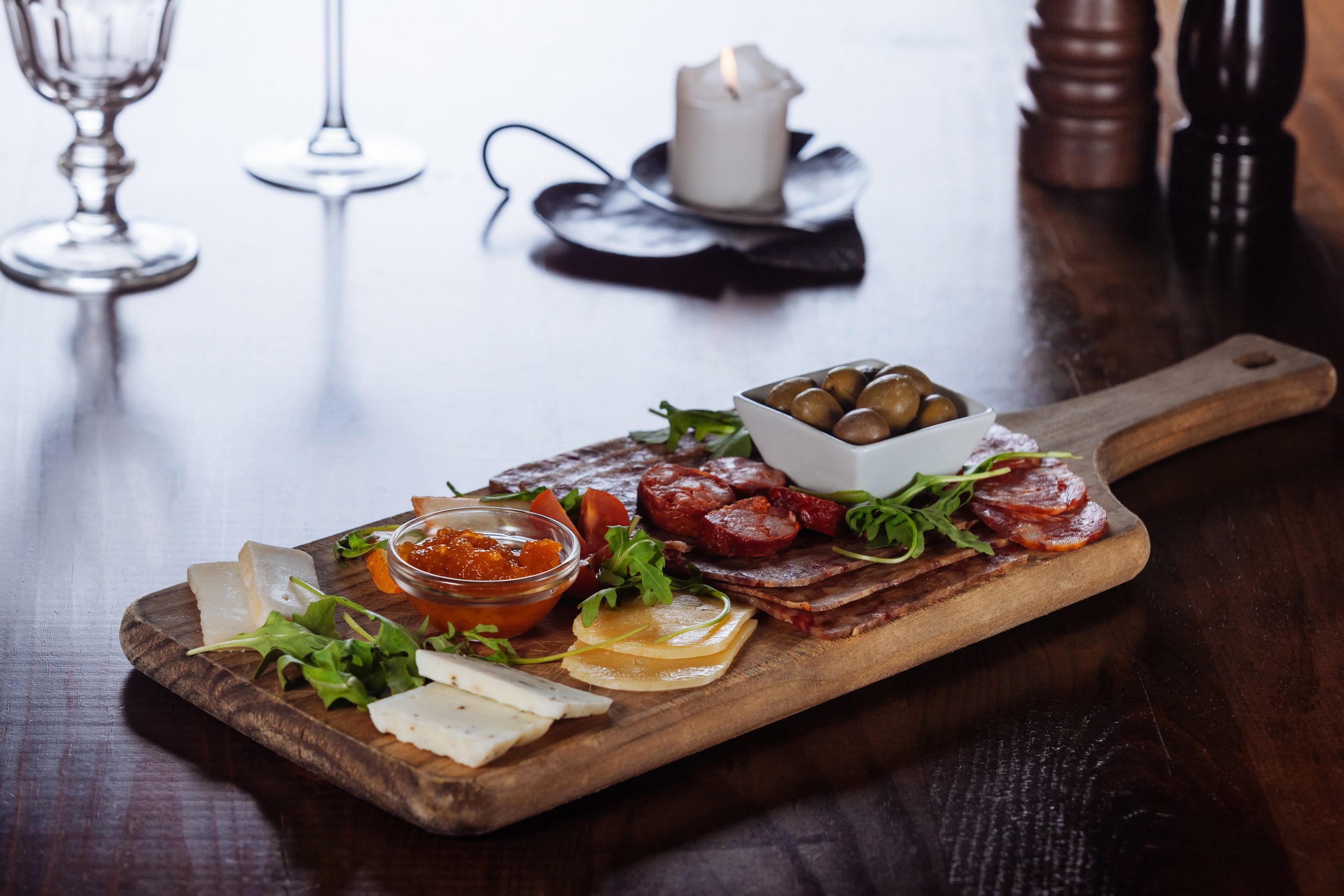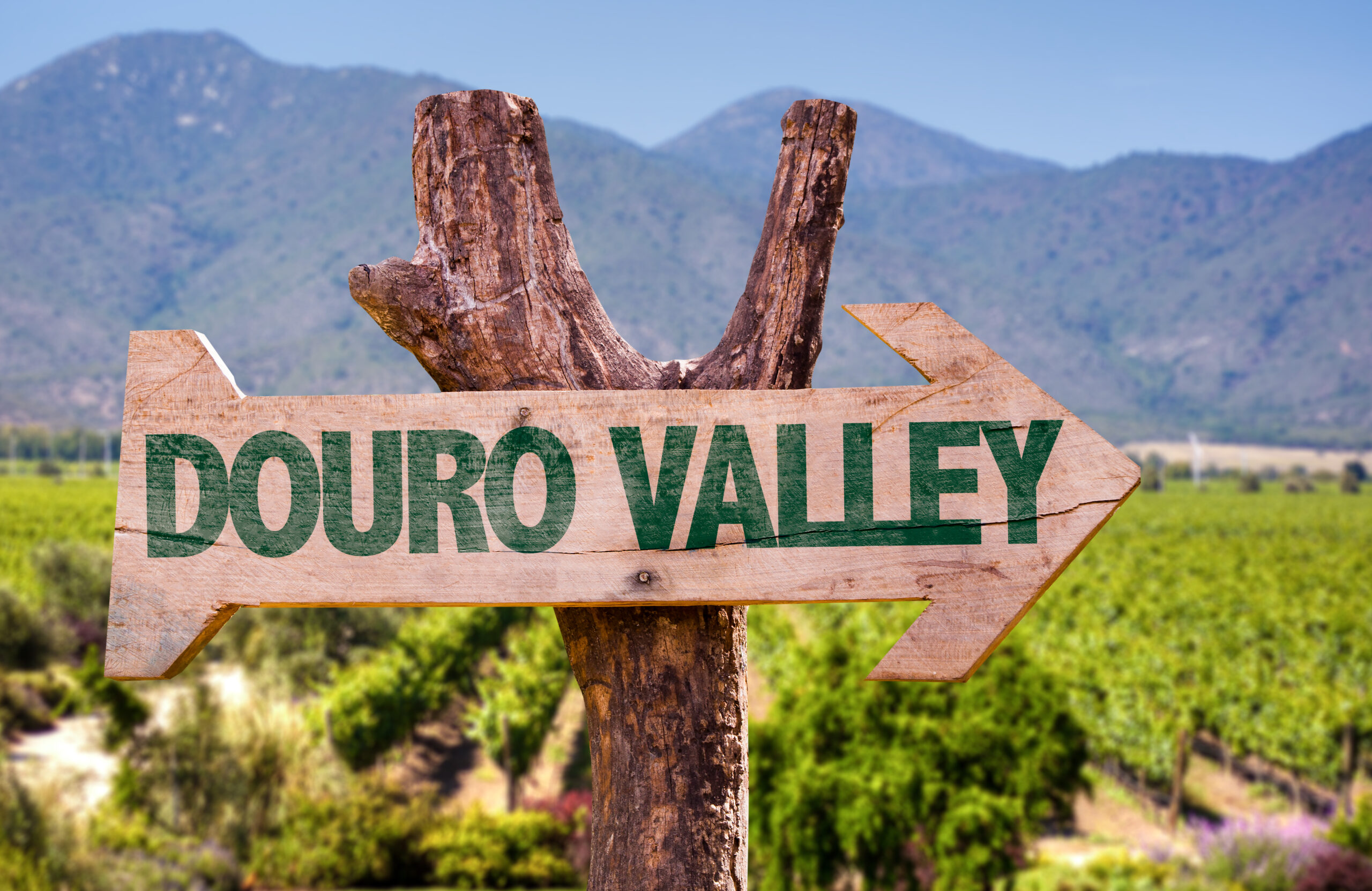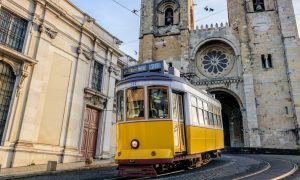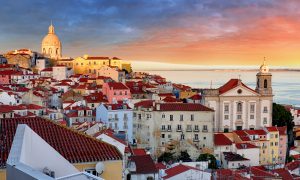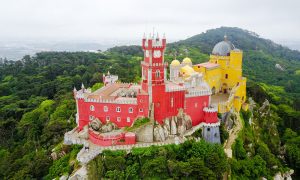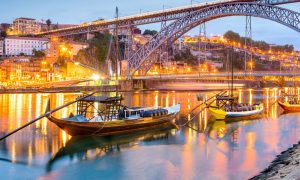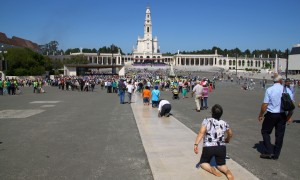===
Lisbon, the vibrant capital of Portugal, is not only known for its stunning architecture and picturesque landscapes but also for its unique musical heritage. At the heart of Lisbon’s music scene lies Fado, a hauntingly beautiful genre that has captivated audiences for centuries. With its melancholic melodies and soul-stirring lyrics, Fado tells the stories of love, loss, and longing that resonate deeply with the people of Lisbon. In this article, we will embark on a deep dive into the origins and rich history of Fado, exploring how it has become an integral part of Lisbon’s cultural identity.
The Melancholic Melodies of Fado: Exploring Lisbon’s Musical Heritage
The Birth of Fado: Tracing its Roots to the Streets of Lisbon
The origins of Fado can be traced back to the early 19th century, where it emerged as a musical expression of the marginalized communities in Lisbon. It was in the narrow streets of Alfama, the oldest neighborhood in the city, that Fado found its voice. The mournful tunes, sung by sailors, dockworkers, and prostitutes, reflected the hardships they faced and served as a means of catharsis.
The Soul of Fado: The Influence of Portuguese Guitar
One of the defining characteristics of Fado is the Portuguese guitar, an instrument with a unique shape and sound. The haunting melodies produced by the Portuguese guitar perfectly complement the emotional depth of Fado. Its distinctive twang and intricate fingerpicking techniques add a layer of melancholy to the music, creating an enchanting atmosphere that transports listeners to another time.
The Evolution of Fado: From Folklore to Mainstream
Over the years, Fado has evolved from a humble folk tradition to a mainstream genre that has gained international recognition. In the early 20th century, Fado made its way from the taverns of Alfama to the stages of Lisbon’s theaters, captivating audiences with its raw emotions. Renowned Fado singers, such as Amália Rodrigues, played a crucial role in popularizing Fado, spreading its enchanting melodies far beyond the borders of Portugal.
The Golden Age of Fado: The 1950s and 1960s
The 1950s and 1960s marked the golden age of Fado, with Lisbon becoming a hub for Fado performances. The city’s iconic Fado houses, known as “casas de Fado,” became gathering places for artists and enthusiasts alike. These intimate venues provided the perfect setting for Fado singers to showcase their talent and connect with their audience on a deeply emotional level.
Fado Today: A Living Tradition
Despite the passage of time, Fado remains a vibrant and living tradition in Lisbon. Today, Fado can be heard in various venues across the city, from traditional Fado houses to modern concert halls. Young artists continue to embrace Fado, infusing it with their unique styles and influences, ensuring that the tradition lives on for future generations to enjoy.
Fado and Portuguese Identity: A Cultural Symbol
Fado has become synonymous with Portuguese identity, representing the soul of the nation. The heartfelt lyrics and haunting melodies resonate with the Portuguese people, serving as a powerful reminder of their history, struggles, and triumphs. Fado is not just a genre of music; it is a cultural symbol that unites the people of Lisbon and embodies the essence of their heritage.
Fado Festivals: Celebrating the Richness of the Genre
Lisbon is home to several Fado festivals that celebrate the richness and diversity of the genre. The most prominent of these is the “Festival Internacional de Fado,” which takes place annually and attracts Fado enthusiasts from around the world. During these festivals, both established Fado singers and emerging talents come together to showcase their artistry, creating an atmosphere of pure musical magic.
Fado and Tourism: A Musical Journey for Visitors
For tourists visiting Lisbon, experiencing Fado is an essential part of their itinerary. Many Fado houses offer intimate performances where visitors can immerse themselves in the melancholic melodies and poignant lyrics. The authenticity of these performances allows tourists to connect with the heart and soul of Lisbon, gaining a deeper understanding of its rich cultural heritage.
Fado’s Global Influence: Beyond the Borders of Lisbon
While Fado may have originated in Lisbon, its influence has spread far beyond the city’s borders. Fado-inspired music can now be found in different parts of the world, with artists from various countries incorporating elements of Fado into their own musical styles. This global influence further highlights the universal appeal of Fado and its ability to touch the hearts of people from diverse backgrounds.
CONCLUSION:
Lisbon’s musical heritage is incomplete without the haunting melodies of Fado. From its humble beginnings in the streets of Alfama to its position as a cultural symbol of Portugal, Fado has woven itself into the fabric of Lisbon’s identity. Through its melancholic melodies, Fado tells stories of love, loss, and longing, resonating deeply with both locals and visitors alike. As Fado continues to evolve and thrive, it remains a testament to the enduring power of music to transcend time and touch the very core of our souls.

Gonzalo
Founder/Owner of The Lisbon Guide, one of the major blog references in Portugal, established in 2014 and receiving every year 250.000 visitors from all over the world, looking to provide the best experiences in Portugal. In partnership with Portugal Magik for all private tours and transfers across Portugal, Gonzalo loves a good seafood meal at Monte Mar Cascais, and all from Michelin Chef Avillez. Favorite Hotel in Lisbon/Portugal, Penha Longa Resort by Ritz Carlton.
For over 15 years, Gonzalo have been helping thousands of travelers yearly to plan a perfect trip to Portugal. Based in Lisbon/Cascais and working in this field for over 20 years, with multiple ongoing projects. Also an avid TripAdvisor user level 6 with more than 300.000 readers worldwide.
Many years working also as a Private Guide of Lisbon, Sintra, Fatima, Porto, Douro Valley, Evora, and other locations in Portugal.


